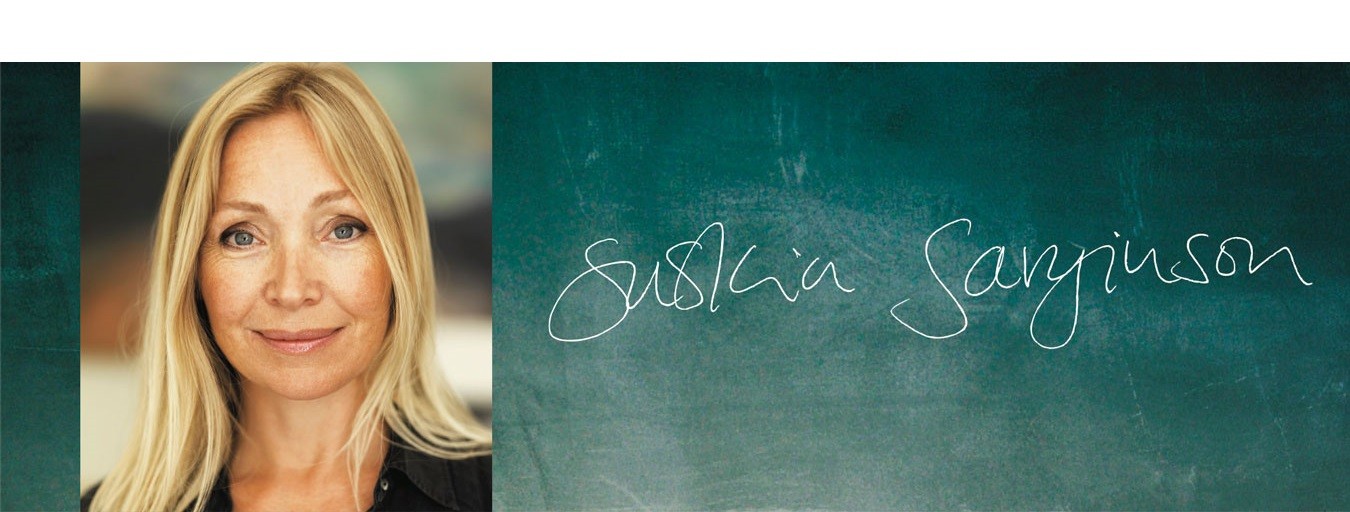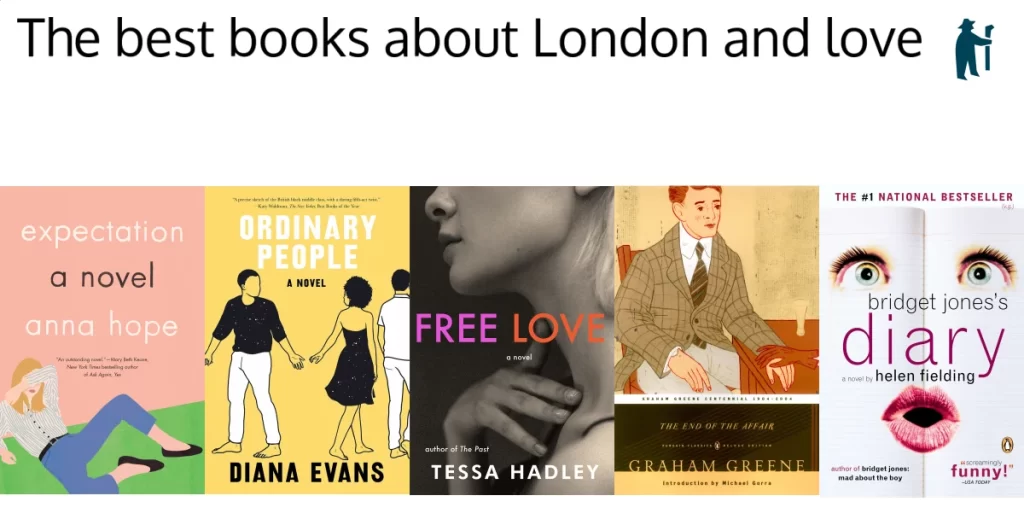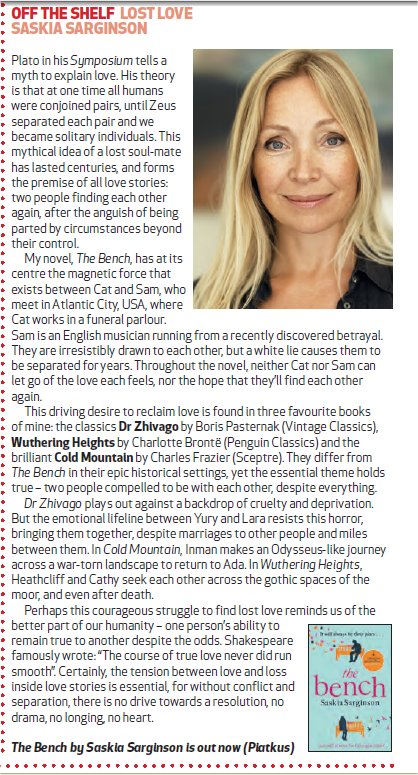IS PUBLIC SPEAKING AN ALIEN CONCEPT FOR A WRITER?
Answer the following questions:
1. Do you crave being alone all day, locked in a room with laptop and notebook?
2. Are you a dreamer?
3. Do you translate the world through an interior process that results in the written word – and not any old words. They must be carefully thought through, agonised-over, edited and re-edited many times?
4. Do you like to take long walks by yourself?
5. Do you often talk out loud to yourself – usually telling bits of a story, reading bits of your work or working through dialogue?
6. Do you feel sick at the thought of delivering a public speech?
7. Would you describe yourself as one or more of the following: mad/crazy/mixed-up/emotionally unstable/anti-social/neurotic?
Chances are that if you are an author you’ll have answered ‘yes’ to some of them. I put an affirmative by every one. So when I was offered a publishing deal I thought that meant that I could be that person – ‘the author’ – and not have to apologise for it. ‘Yes, I officially write for a career. Yes, I’m a neurotic hermit, but it’s expected of me.’ Break out the champagne.
Except, from the moment my first proof arrived in the publisher’s office, my lovely hard-working PR wanted me to start talking, aloud and in public. All I wanted to do was stay home, gloat over the physical reality of my shiny novel and begin the next one. But suddenly I was supposed to go out there, into the public eye and be sane, capable, sociable, personable. Radio interviews. Author events. Talking on a panel of other writers. Being a hermit was not an option.
I used to work in a job that involved talking in public. So I’d had some experience of doing it. But that was a long time ago, and I’d never really learnt how to conquer my nerves. Now, years and years later, after locking myself in solitary confinement to concentrate on fiction writing, I’d even lost the ability to make small-talk. Sometimes, going into a shop and asking for a pint of milk could seem like a challenge too far.
But I realised that I couldn’t allow my nerves to ruin opportunities to promote myself and my books. The ivory tower dream just isn’t realistic. Writers need to be good at social media, and they need to be able to stand up in front of people and talk. Of course, I’m generalising here, because some writers are brilliant speakers, some are absolute naturals at wooing an audience and coming up with clever, lyrical speeches at the drop of a hat. But many struggle with it. And for those who are more like me, here are some of the tricks and techniques that I have found helpful. And the thing is, when I’ve managed it, and the event is over, I actually feel quite euphoric. I’m not sure if that’s just relief, or the effect of holding my breath…I suspect that it’s a rush of adrenalin from facing my fears. Whatever the cause, it feels good.
*Humanise your audience. Some people say it helps to imagine their audience without clothes – perhaps as a reminder that the sea of faces before them are actually individuals with faults, fears and dreams. An audience is made up of people. They are not there to see you fail. In fact, they want you to succeed. Plato said that we should be kind, because everyone we meet is fighting a hard battle. I find it’s helpful to think of that.
* Prepare. Always prepare properly. If you are talking with someone else or on a panel of authors, find out who they are and what they write. Read their books. If there’s an angle to the talk, then research the subject, memorise some interesting facts and quotes.
* There are some questions that get asked a lot. ‘What is your book about?’ comes up time after time. Work out a short, possibly amusing way of describing your novel. Learn it. Have it ready. There will be other questions that relate specifically to you or your book.
* De-stress beforehand. Go for a run, meditate, do an exercise class – whatever it takes to make you feel better, relaxed and more in control.
* Breath. Learn how to breath correctly. Use your diaphragm. When nerves kick in, it’s easy to deprive yourself of oxygen by shallow breathing, or even holding your breath.
* Hydrate. Have a bottle or glass of water on hand. Dry mouths are part of public speaking.
* Pace it. Don’t rush. Take your time. Talk slowly. Take pauses. Remember to aim for the people at the back – don’t mumble, speak up and speak out.
* Practise talking and video yourself. Analyse your technique. Common habits to watch: fidgeting, swaying, looking down, repeating certain phrases or saying ‘um’ too much.
* Use reminder notes. Lots of people swear by having reminder notes. They will make you feel safer, even if you don’t need them. But keep them short and simple.
* Be yourself. Dress in a way that makes you feel comfortable. Show your personality. Don’t try and be someone else. People have come to listen to YOU.
* If delivering an hour’s talk feels too intimidating, there are other ways of presenting yourself and your book. I find that being interviewed is easier. I can talk more naturally if it feels like a conversation, and it can be reassuring to have someone else up on the stage with you.
* Use the power of positivity. Don’t shrink from talking in public. Instead, make a conscious effort to embrace it, embrace the opportunity it offers. Enjoy yourself!


